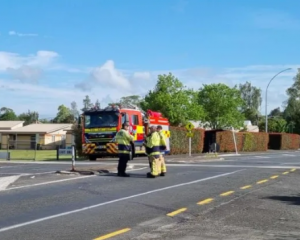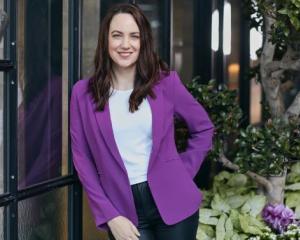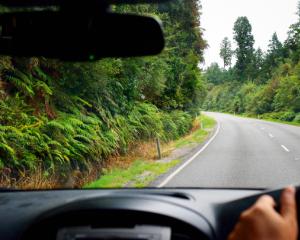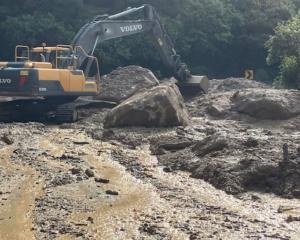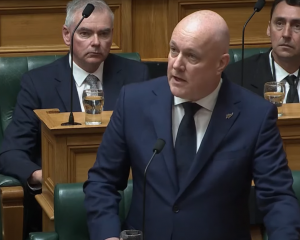
"Stephen was essentially left to his own devices for much of the time, as he was considered to be an empty vessel, incapable of learning.
"This othering broke my heart. I had an alternative view of Stephen, one which centred on his competence, capabilities and innate potential."
The frustration and sadness that grew from this "othering" of her autistic son fuelled her decision to leave her life as a stay-at-home mum and train to become an early childhood teacher at the College of Education’s Southland campus, in a bid to make a difference for children with disabilities in ECE.
But once she got her postgraduate diploma in teaching, she found it difficult to stop. She wanted to research the issue and went on to gain a masters in education, and now she is about to graduate with a PhD as well.
Her PhD thesis, titled Expanding conceptions of the early childhood learning environment and autistic learners within it: A new materialist informed sensory ethnography, has been accepted and she will graduate in August.
Mrs McAnelly said she had not even expected to complete her undergraduate degree, given the responsibilities she was juggling, let alone a PhD.
She intended to finish her study at the end of her masters because “just getting to that point felt like a super unlikely bit of blue skies thinking to me".
However, she found she still had a lot she wanted to say about disabled children’s experiences in New Zealand’s ECE settings.
So she continued to a PhD.
Her thesis explored how the early childhood learning environment produced the active participation and learning of autistic children in two early childhood settings.
She found people, spaces, objects and practices all had a critical role to play in co-constituting the early childhood learning environment.
They acted upon one another to produce active participation and learning among the two children she was studying.
"I’d argue that my findings actually apply to the experiences of all children, and not just those in early childhood settings."
She believed they had a variety of implications for inclusive teaching practice, and she was excited for the dialogue that her thesis would hopefully generate.
"What’s best for disabled children is best for all children.
"We know better, but we’re not always doing better.
"It’s long past time to put the rubber to the road and move inclusive education for all in Aotearoa New Zealand from rhetoric to reality."

